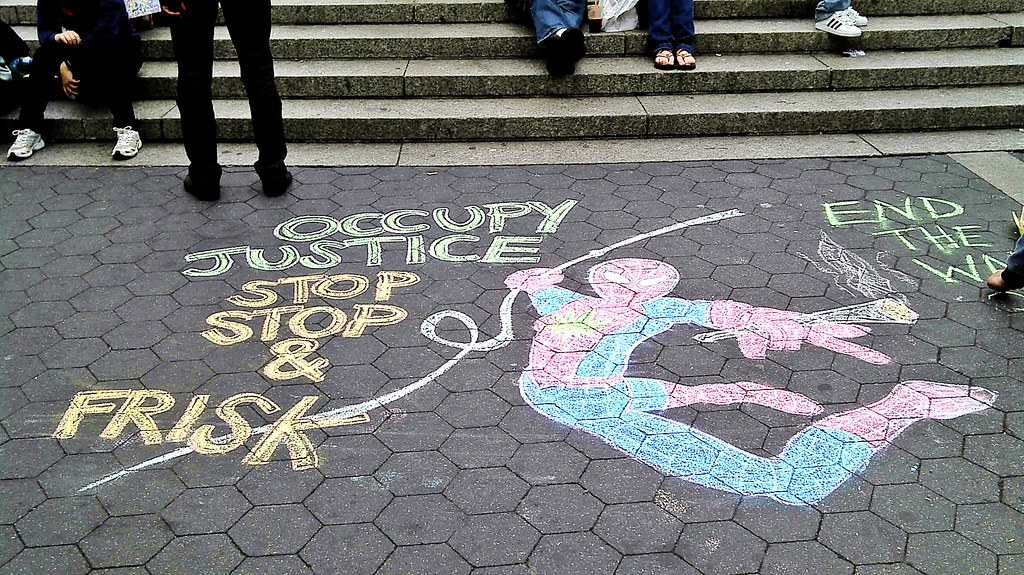Pass the joint…I mean law!
The MORE Act would legalize marijuana at the federal level and expunge some marijuana-related criminal records, though it left the decision on the sale of marijuana up to the states. The bill was passed in the US House of Representatives on Friday December 4, 2020, by a mostly party-line 228-164 vote. The Republican-controlled Senate is unlikely to take up the legislation. Rep. Jerry Nadler, D-N.Y. the sponsor of the MORE Act said, “The bill would remove marijuana from the federal list of controlled substances and expunge some marijuana-related criminal records. It would still be up to states to pass their own regulations on the sale of marijuana. According to Rep. Sheila Jackson-Lee D TX, the bill would help communities like hers. She hammered statistics showing Black Americans are significantly more likely to be arrested for marijuana possession and face longer sentences than white Americans. A recent ACLU report found that, on average, Black Americans are 3.6 times more likely to be arrested for marijuana, even though Black and white people use marijuana at similar rates. Extreme racial disparities in marijuana possession arrests persist throughout the country and have not improved since 2010. The increasing number of states legalizing, or decriminalizing marijuana has not reduced national trends in racial disparities.
Law enforcement in the U.S. continues to make hundreds of thousands of marijuana arrests every year, and Black people continue to bear the disproportionate brunt of those arrests. Marijuana legalization should be a racial justice issue. Marijuana legalization has always been a racial justice issue. Whereas marijuana use by white people has been de facto legal in much of the country, in Black and Brown communities, police have routinely stopped people, particularly youth; at the park, on the street, in the train, on the bus, at school, near school, by the community center, on the porch, or while driving — searching (usually in vain) for something illegal, and, if they found marijuana, arresting and hauling people to jail. Such police harassment not only criminalizes people of color for engaging in an activity that white people participate in with relative impunity, but it is also a means of surveillance and social control counterproductive to public safety and community health. Indeed, repeated police encounters prove traumatic and dehumanizing for those who endure them. The truth is that marijuana enforcement is rarely about marijuana. It has always been a vehicle for policing and surveillance and social control of certain communities. If we want to get to the heart of the problem, we need to address these issues. Since the 1980s, the amount of money spent on the criminal legal system has dramatically outpaced expenditures on community services (such as housing, schools, jobs, public health, and violence prevention programs) that help build stable, safe communities rather than furthering harm by relying on punitive interventions. Local, state, and federal governments should work with community members to limit the role of police in communities of color and redirect these funds to other services so jurisdictions can appropriately and adequately address economic, health, and social problems at their root in ways that strengthen rather than sabotage impacted communities.
I





